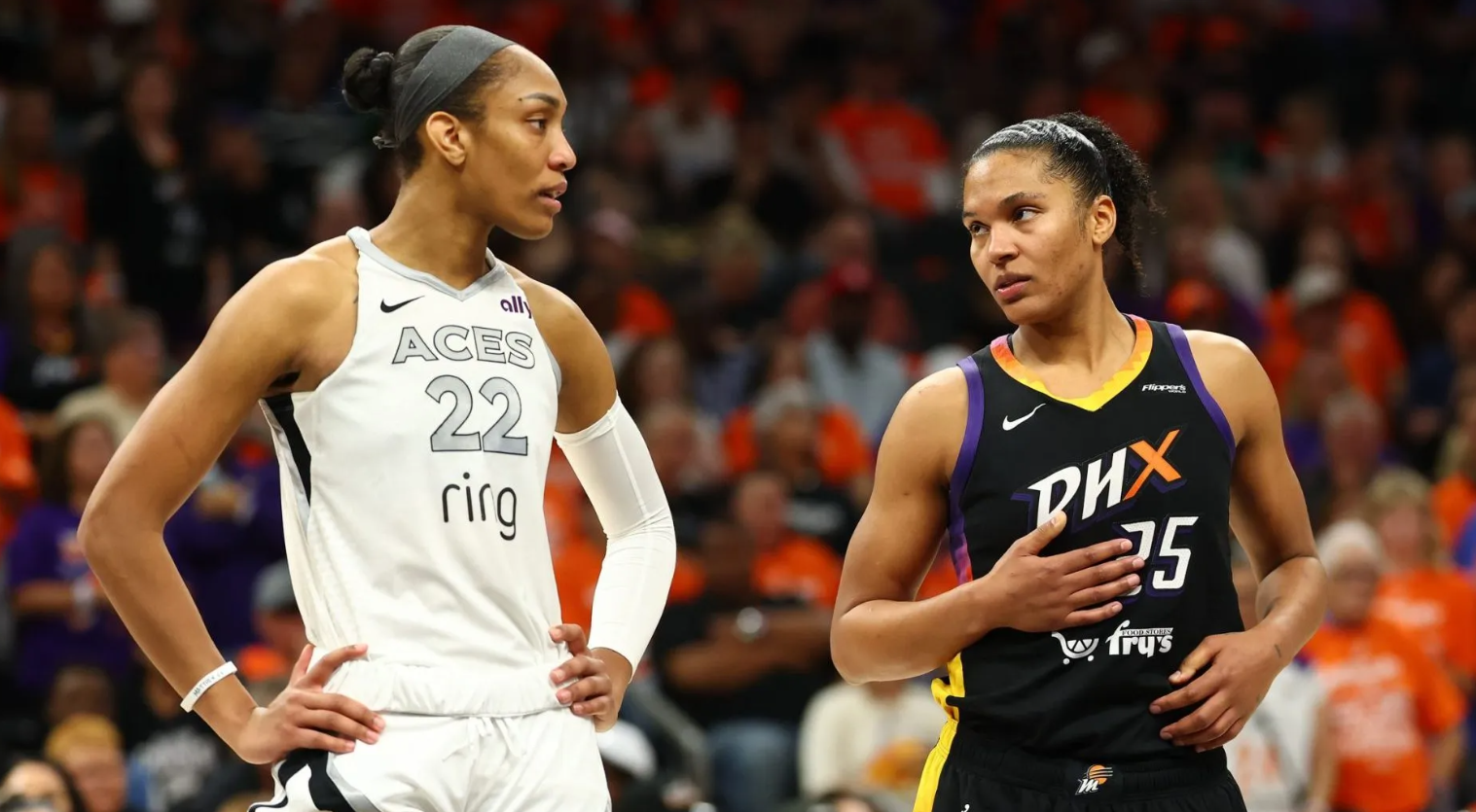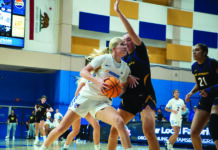The Women’s National Basketball Association (WNBA) 2025 season is coming to end with the Finals under way. Things are heating up on the court, but also off the court too. The CBA is the official labor contract between the WNBA and the WNBAPlayers Association (WNBPA) (the players’ union). It outlines key terms of employment such as player salaries, benefits, paid time off, retirement plans, free agency rules and notably, revenue sharing between the league and its players. The current five-year old CBA expires on Oct. 31, leaving only a few weeks for the WNBPA and the WNBA to come to an agreement.
However, with both parties still in opposition, no agreement appears to be in sight. In July, WNBA players attended a negotiation session with the players’ union and the league’s executives. The meeting held over WNBA All-Star break was critical as it was the only time all players were in the same place during the regular season. The WNBPA expected to have around 20 players attend the bargaining session.
Over 40 players showed up.
Though the WNBPA submitted proposals in February, this meeting was the league’s first time responding to the new proposal. Some of the players key demands are better benefits, expanded roster sizes and a more lenient salary cap. Most notably, they are calling for a revenue-sharing agreement that ties salary increases to the league’s economic performance.
WNBA players left the bargaining session frustrated, saying the league’s counterproposal was far from their demands and failed to address the core issue of revenue sharing. Two of four WNPBA Vice Presidents, Napheesa Collier and Breanna Stewart, described the meeting as disappointing and a “wasted opportunity,” especially given the rarity of the meeting.
Players also expressed dissatisfaction with the way they were treated by the league’s negotiators. Seattle Storm forward Gabby Williams remarked that the negotiators felt they could “impress [the players] with some fancy numbers, [and] some fancy language.”
Liberty guard Natasha Cloud echoed the frustration, saying she felt the league was underestimating the players’ intelligence. “We’re not just basketball players, we understand basic economics, we understand business models, we understand exactly where this league is and where this league is heading”
The main conflict between the union and the league is revenue sharing. As WNBPA president Nneka Ogumike puts it, the WNBA is proposing a system that “leans more towards a fixed percentage” whereas the players are advocating for “a better share where [their] salaries grow with the business, and not just a fixed percentage over time.”
The WNBA’s game schedule is a topic of controversy also, as the current CBA has a 44-game schedule in a five month window. WNBPA argues that this schedule threatens the well-being of the athletes. As Stewart puts it, players are “playing four games in six days” three times in a season, which doesn’t allow enough time for their bodies to recover.
It not only puts players at risk but also prevents them from performing at their best. A 12-player roster makes it difficult for teams to consistently compete at a high level. With injuries, rotations often shrink to just 10 or 11 players, leaving them depleted by the league’s grueling schedule.
A key moment that highlights the lack of refereeing consistency was Napheesa Collier twisting her ankle after colliding with Alyssa Thomas in game 3 of the WNBA Semifinals. Collier suffered a Grade 2 tear, and there was no foul called on the play.
On September 30, Collier had her exit interview in which she tore into the WNBA front office. She started the press conference with a prepared statement she had made. Collier called out the league office for “lack of accountability” and being negligent. She began with the issue of officiating stating “whether the leagues cares about the players is one thing but to also not care about the product we put on the floor is truly self sabotage”. She continued to say that everyone can see that there is an issue with officiating, but the league only gives out fines and ignores the problem at hand.
Collier recounted a conversation she had with Engelbert, during which the commissioner remarked that “only the losers complain about the refs.” When asked about compensating young stars for the revenue they generate, Engelbert reportedly said that Caitlin Clark should be “grateful she makes $16 million off the court, because without the platform that the WNBA gives her, she wouldn’t make anything,” adding that “players should be on their knees thanking their lucky stars for the media-rights deal that I got them.” Reflecting on the exchange, Collier said, “We go to battle every day to protect a shield that doesn’t value us.”
Collier, who co-founded the women’s 3×3 league Unrivaled, spoke about watching her husband, Alex Bazzell, run Unrivaled. She understood that the job was difficult yet her husband always took time to make sure players were okay whenever he heard about an injury. She followed by speaking about well wishes she received after her injury: “you know who I haven’t heard from? [Commissioner] Cathy [Engelbert].”
“We have the best players in the world. We have the best fans in the world. But right now we have the worst leadership in the world.”
The WNBA posted a statement from Engelbert. Her statement started by saying that she had respect for Collier and all the players. She claims that her focus remains on collaborating to ensure a bright future for the league. She then states “I am disheartened by how Naphessa characterized our conversation and league leadership.”
During a press conference on Oct. 3, Engelbert expressed confidence that a new CBA would be reached, or extensions would be made if necessary. She mentioned that the league and the WNBPA have meetings scheduled to continue discussions. When Engelbert was asked about the comments Collier attributed to her, she said, “there’s a lot of inaccuracy out there.”
For players, coaches, and fans alike, the call is clear: it’s time for new leadership.








